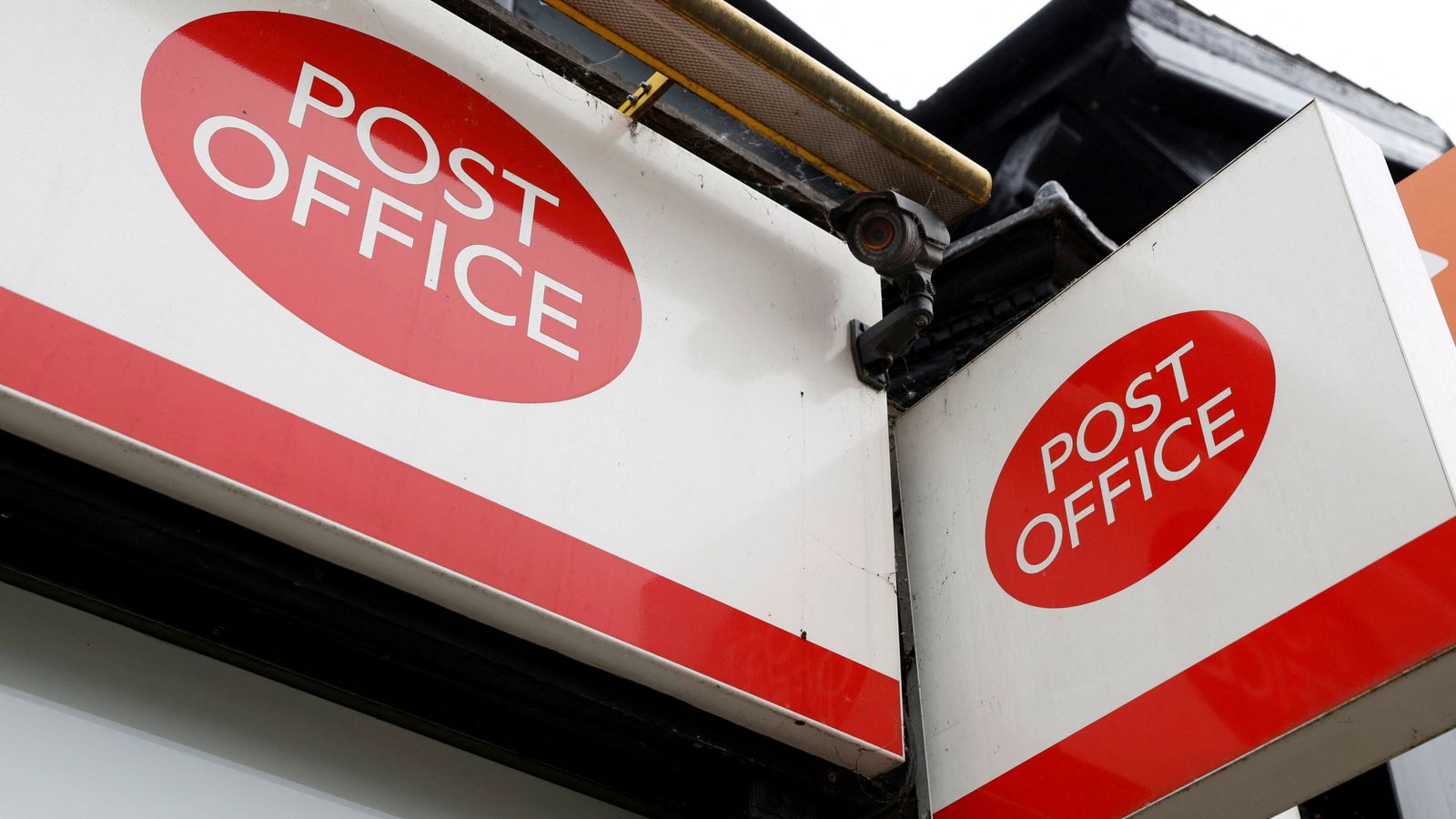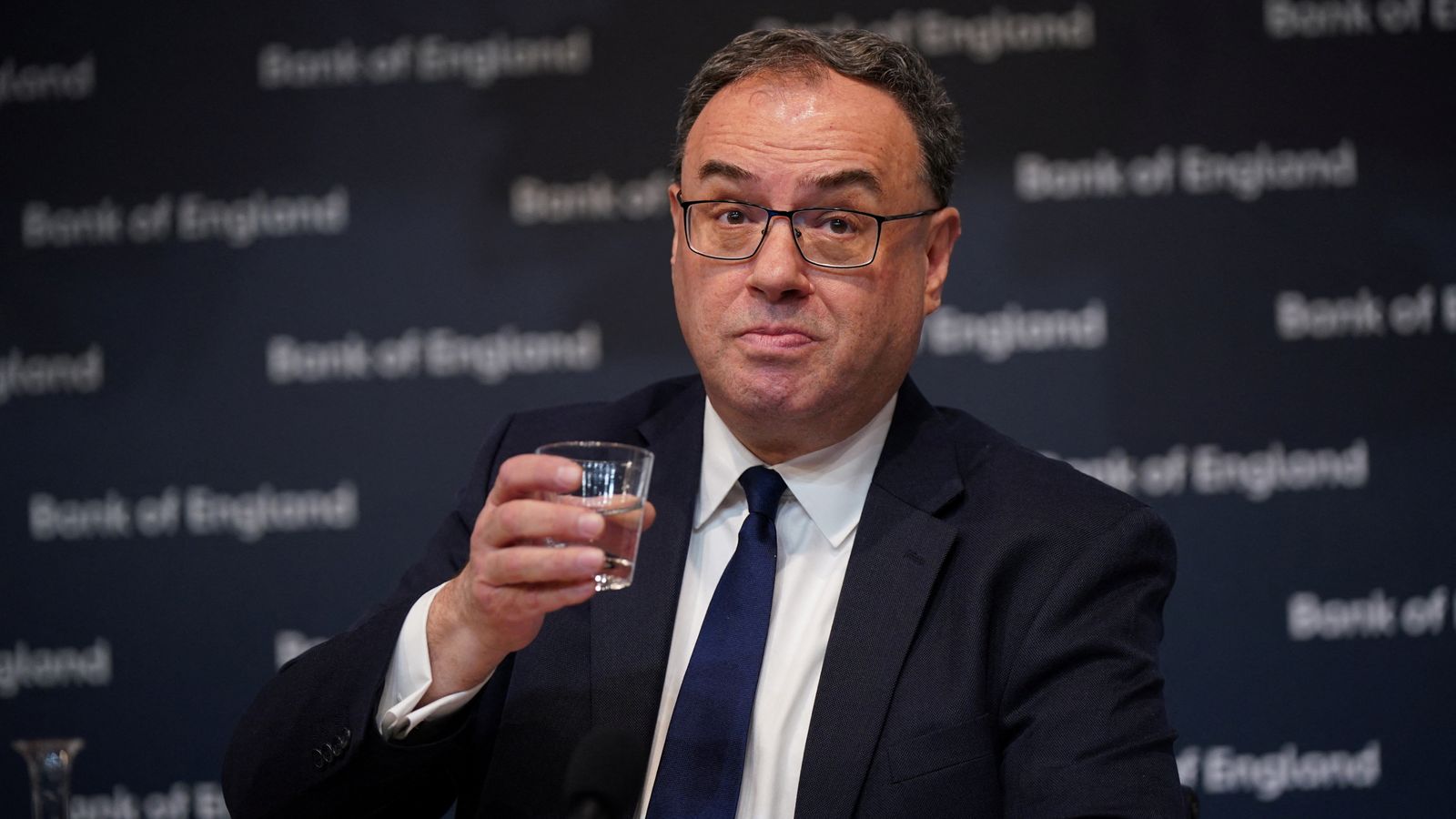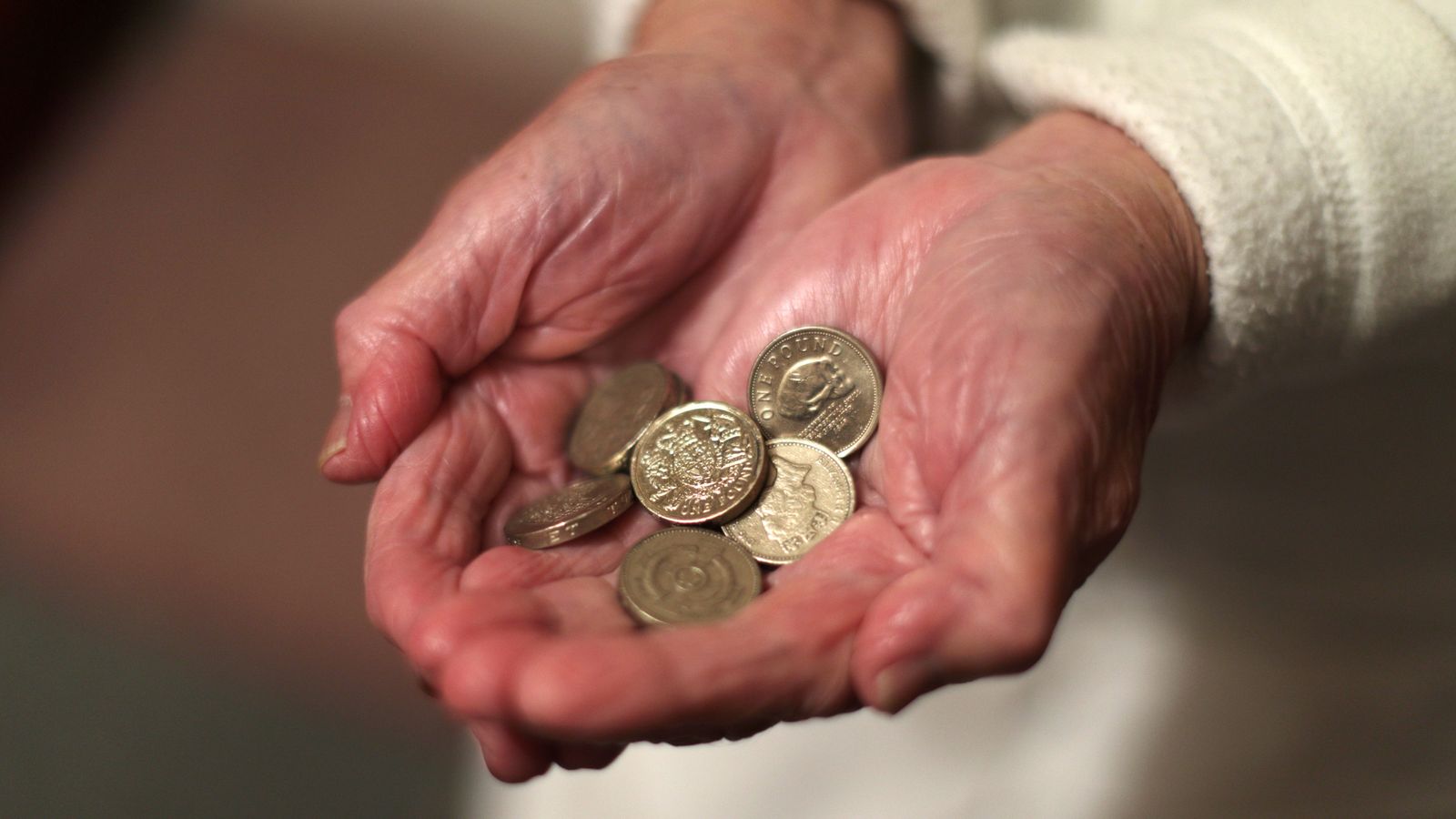Russia’s decision not to resume gas flows through the main Nord Stream 1 pipeline to Germany has prompted a surge in wholesale costs, intensifying concerns for supplies across Europe for the coming winter.
State-owned Gazprom scrapped plans to restart pumping limited volumes on Saturday after a maintenance shutdown, blaming a turbine leak.
The decision – which European governments say is retaliation for Western sanctions over Russia’s war in Ukraine – was inevitably reflected when markets opened for business on Monday morning.
The leading European benchmark, known as the Dutch TTF, which has risen by more than 400% over the past year, was up by a further 30%.
The contract for October delivery in the UK – which is not reliant on Russian energy but exposed to the wider market pressures – was 25% higher.
Stock markets also saw turmoil with Germany’s DAX almost 2% down on the back of Russia’s decision.
The FTSE 100 in London opened 0.7% lower thanks only to its strong line-up of energy constituents.
In normal times, Nord Stream 1 carries a third of Europe’s supply from Russia.
Record prices, on the back of limited gas flows from Russia during the summer, have already led some energy-intensive industries to scale back production, particularly in Germany.
Berlin revealed on Sunday a €65bn (£56bn) package to help households and businesses navigate the price challenge.
The measures, Germany’s third set during the crisis to date, include tax breaks for manufacturers and grants for the lowest-paid.
The UK is under mounting pressure to follow suit to better shield consumers and companies from the worst effects of the cost of living squeeze.
Liz Truss, who is widely expected to beat Rishi Sunak to the doors of Number 10 when the result of the Conservative leadership contest is declared at lunchtime on Monday, has promised to reveal details of her plans within a week if she wins.
The Bank of England has warned of an energy-led recession given the predictions for bills – widely expected to exceed £5,000 on an annual basis next year given the path for wholesale costs.
Ms Truss argued during the leadership campaign that recession was not inevitable.
Options for the next prime minister include tax cuts, further grants to assist with rising bills and a plan, similar to that revealed by Labour, that would freeze the energy price cap.




